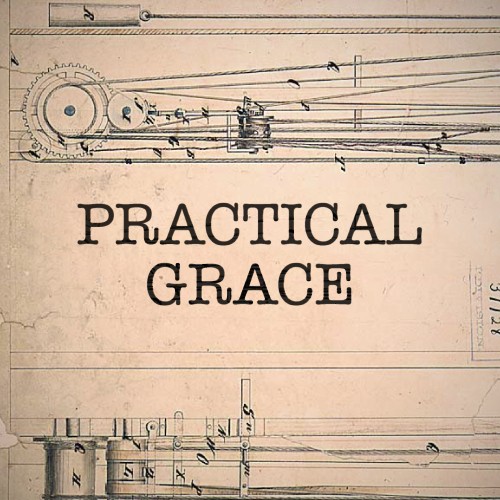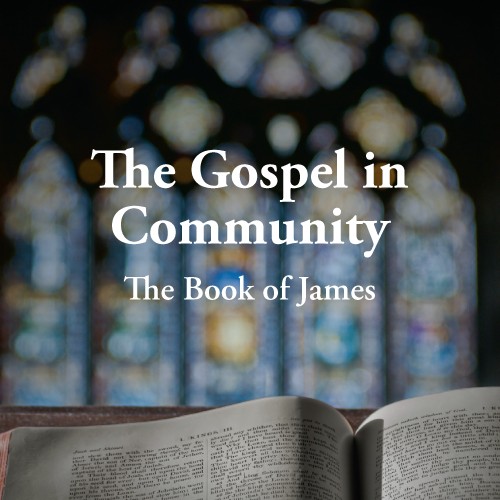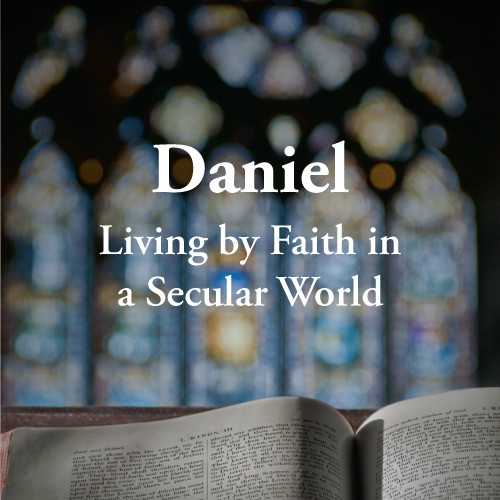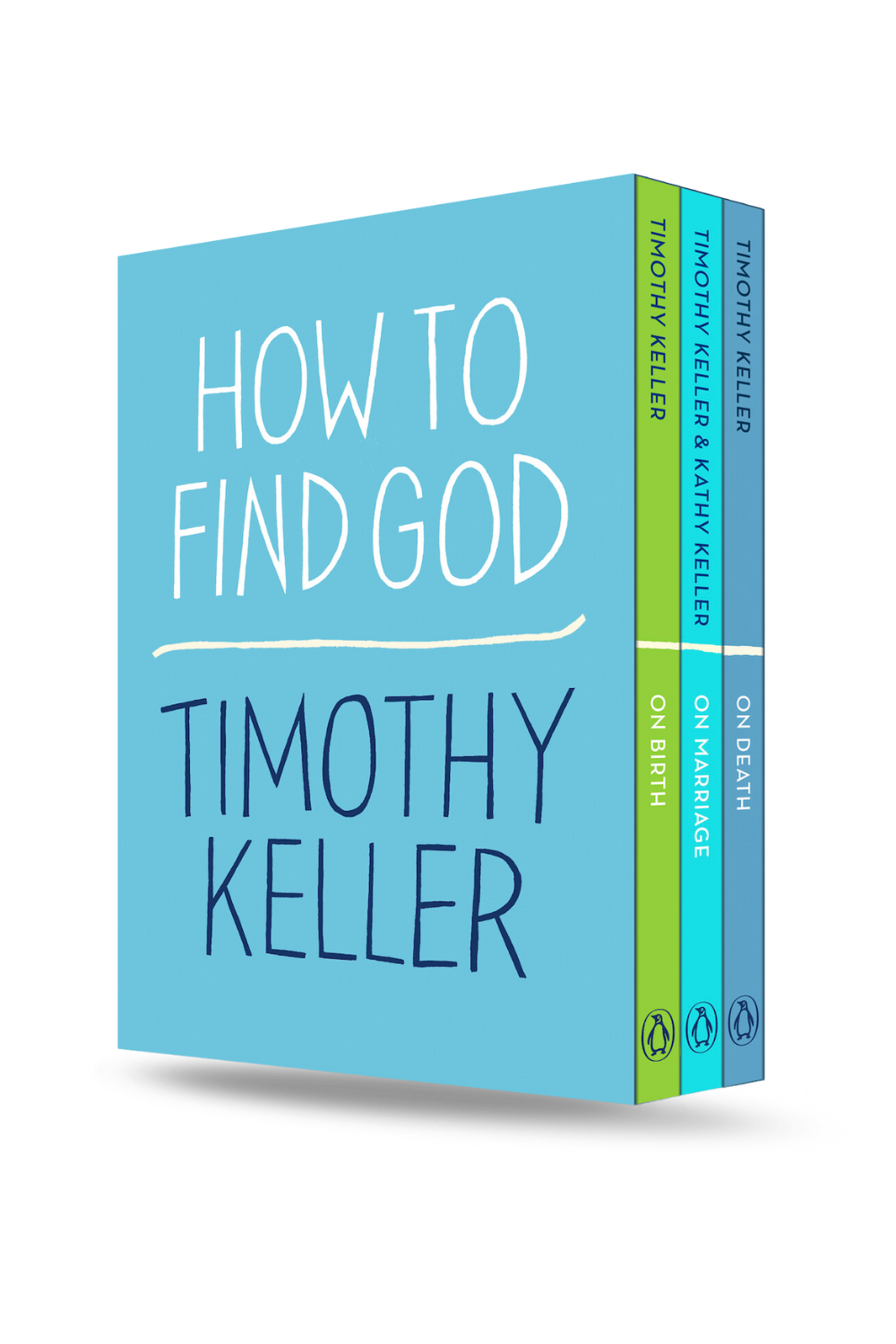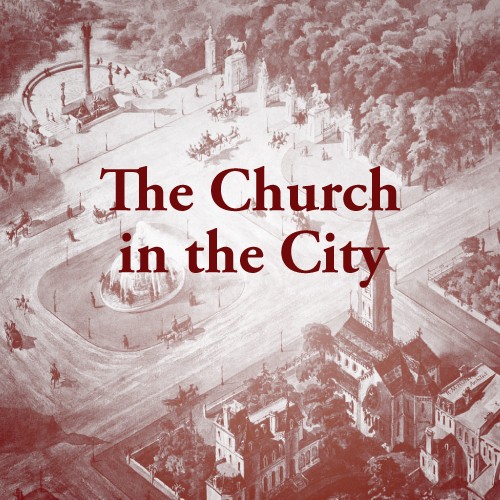
Should I Not Love That Great City?
Tim Keller | October 14, 2001
Overview
As we come to the end of the book of Jonah, we can ask ourselves the question, “What’s this story about?” Who is the protagonist? Who is the antagonist? It’s not Jonah who is the protagonist. It’s not the fish who is the protagonist.
It all comes down to this last question in the passage. In the last question, God says, “Should I not have compassion? Should I not love that great city?” This is what the story is about. It’s about God, who is the protagonist, seeking to bring grace and love and mercy to a big city. The antagonists are the religious, moral people who believe in God and who obey his commandments. It’s us. It’s city-disdaining, city-phobic, religious, moral, good people. We’re the antagonists, and God is the protagonist. The book is about God’s love for a big, unbelieving, unjust, violent, pagan city.
So, what are we supposed to learn about the city from this book? I suggest we learn three things here: we learn about God’s call to the city, God’s view of the city, and God’s love for the city.
Outline
Jonah 4:1–11
The story of Jonah is a powerful lesson about God’s endless grace and love for a big city, filled with people who don’t understand Him. Surprisingly, it’s not the people of this city who are the “bad guys” in this story, but those who try to live by God’s rules. The story ultimately reveals God’s care, mission, and deep love for a large city that doesn’t know Him.
1. God’s call to the city
When God tells Jonah to go to Nineveh, it’s a reminder that we’re all called to reach out to cities and places that might feel uncomfortable or unfamiliar. This is similar to when God told the exiles to make Babylon their home, showing how cities have always played a special role in the spread of Christianity. The story of Jonah reminds us that every person matters to God and that we should share God’s love with those who don’t know Him yet.
2. God’s view of the city
Jonah’s story gives us a glimpse of how God sees the city. He wants the people to turn away from their wicked ways, but He also shows them mercy and forgiveness. This is similar to Saint Augustine’s idea of “The City of God”, where the church is like a city within the city, a place where people can learn, create, find justice and peace, and love one another. This reminds us that our real safety comes from being part of God’s kingdom, not from money or earthly success. As Christians, we know that Jesus suffered to heal our broken world, which inspires us to be selfless and to trust in God when we face challenges.
3. God’s love for the city
The story of Jonah teaches us that anyone can change, even when they start off resistant or doubtful. Jonah’s transformation from a disobedient, judgmental prophet to a bearer of good news shows us the power of God’s love and forgiveness. This hopeful message tells us that we all have the potential to change, and as part of God’s kingdom, we can love and make a difference in our cities, despite their shortcomings, without being afraid.

